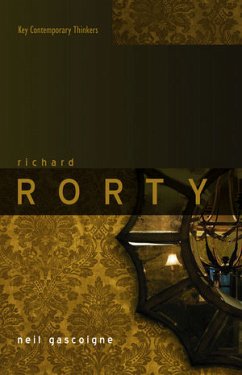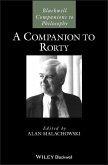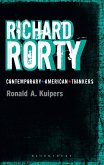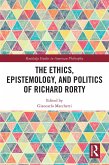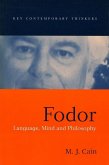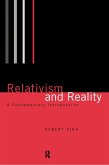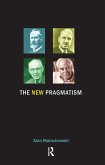Neil Gascoigne provides the first comprehensive introduction Richard Rorty's work. He demonstrates to the general reader and to the student of philosophy alike how the radical views on truth, objectivity and rationality expressed in Rorty's widely-read essays on contemporary culture and politics derive from his earliest work in the philosophy of mind and language. He avoids the partisanship that characterizes much discussion of Rorty's work whilst providing a critical account of some of the dominant concerns of contemporary thought. Beginning with Rorty's early work on concept-change in the philosophy of mind, the book traces his increasing hostility to the idea that philosophy is cognitively privileged with respect to other disciplines. After the publication of Philosophy and the Mirror of Nature, this led to a new emphasis on preserving the moral and political inheritance of the enlightenment by detaching it from the traditional search for rational foundations. This emerging project led Rorty to champion 'ironic' thinkers like Foucault and Derrida, and to his attempt to update the liberalism of J. S. Mill by offering a non-universalistic account of the individual's need to balance their own private interests against their commitments to others. By returning him to his philosophical roots, Gascoigne shows why Rorty's pragmatism is of continuing relevance to anyone interested in ongoing debates about the nature and limits of philosophy, and the implications these debates have for our understanding of what role the intellectual might play in contemporary life. This book serves as both an excellent introduction to Rorty's work and an innovative critique which contributes to ongoing debates in the field.
Dieser Download kann aus rechtlichen Gründen nur mit Rechnungsadresse in A, B, BG, CY, CZ, D, DK, EW, E, FIN, F, GR, HR, H, IRL, I, LT, L, LR, M, NL, PL, P, R, S, SLO, SK ausgeliefert werden.

